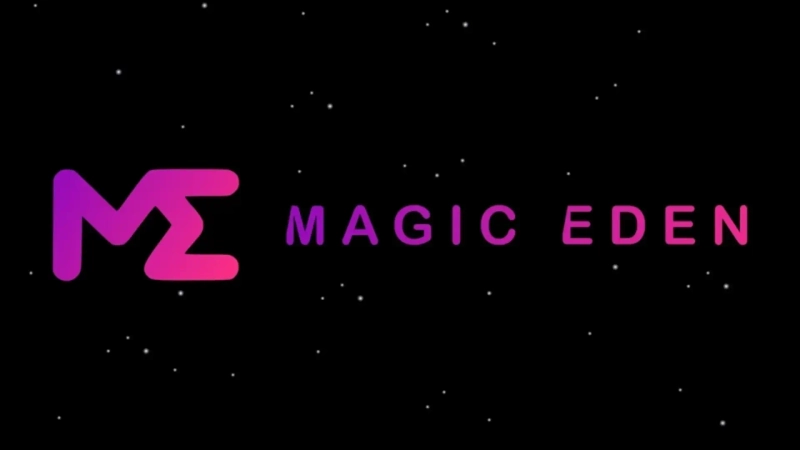Kakao Bank has begun developing a won-backed stablecoin after securing internal approvals, while rival Naver Financial prepares to acquire crypto exchange operator Dunamu in a 20 trillion won ($14 billion) equity swap.
The simultaneous moves by South Korea’s tech giants signal an intensifying race to dominate the country’s emerging digital currency market as lawmakers debate regulatory frameworks that could reshape the industry.
Kakao’s strategy comes as the National Assembly continues debating multiple stablecoin-related bills that could soon impose new requirements on reserves, licensing, and blockchain transparency.
Despite regulatory ambiguity, Kakao appears determined to establish early dominance in the won-backed stablecoin market, leveraging its expansive ecosystem of messaging, banking, e-commerce, and mobile payments.
According to local reporting, Kakao Bank is currently constructing core blockchain infrastructure for its planned “Kakao Coin,” aiming to deploy the asset across its major consumer platforms once regulatory pathways solidify.
Kakao’s move coincides with soaring global demand for stablecoins—TRM Labs reports they accounted for 30% of all on-chain transactions in 2025, with volumes hitting record highs in August.
Although Kim Beom-soo was acquitted of market manipulation charges in October, industry analysts say the company’s renewed momentum reflects a strategic intention to become a flagship issuer in the won-backed stablecoin market despite ongoing legislative uncertainty.
Naver–Dunamu merger reshapes competitive landscape
Competition intensified further as Naver Financial and Dunamu, the operator of Upbit, prepared for board meetings to approve an equity swap valued at 20 trillion won. If finalized, the deal will make Dunamu a wholly owned subsidiary of Naver, combining South Korea’s leading internet payment infrastructure with its dominant crypto trading platform—a union seen as a potential turning point for the won-backed stablecoin market.
Naver processes roughly 80 trillion won in annual payments, while Upbit remains the country’s largest crypto exchange by trading volume. Under the merger, Dunamu founder Song Chi-hyung will take a 30% stake, with Naver’s share decreasing to 17%.
The partnership may significantly streamline the distribution of future stablecoins across Naver’s digital ecosystem while capitalizing on Dunamu’s regulatory experience. Analysts expect the merged entity to pursue international expansion and possibly seek a U.S. listing once regulatory clarity improves.
Industry observers say this alignment of payments, blockchain expertise, artificial intelligence, and user data could give Naver-Dunamu unprecedented leverage in the won-backed stablecoin market. Many view the merger as one of South Korea’s most consequential fintech developments in recent years, one that could dictate future standards for domestic digital assets.
Legislative battle will determine future of Korean stablecoins
South Korea’s legislative environment remains the decisive factor shaping the trajectory of both companies. Majority Floor Leader Kim Byung-kee has introduced the “Value-Stable Virtual Asset Issuance and User Protection Act,” one of several bills attempting to codify rules for the won-backed stablecoin market.
The proposal includes strict requirements:
- 100% backing by cash or sovereign bonds
- A 3% contingency reserve
- Issuance on public blockchains such as Ethereum or Solana
- A ten-day mandatory redemption period
- Limits on issuer interest gains
International issuers like Tether and Circle would also be required to register and obtain licenses before operating in South Korea.
Under the bill, the Financial Services Commission would manage licensing, while the Bank of Korea would oversee monetary risks. Yet jurisdictional frictions persist, raising concerns that regulatory delays could slow the rollout of innovations tied to the won-backed stablecoin market.
More than a dozen crypto bills remain under review in the National Assembly, and unresolved disputes between regulators may hinder progress, even as firms like Kakao and Naver-Dunamu aggressively expand their capabilities.
A defining moment for the Korean fintech sector
Ultimately, whether Kakao’s blockchain initiative or the Naver-Dunamu merger becomes the defining force in the won-backed stablecoin market depends heavily on legislative outcomes. For now, both companies appear committed to shaping the future of South Korea’s digital economy—even as the rules governing that future remain unsettled.
Their simultaneous advances signal not only growing competition but also a broader national pivot toward integrating stablecoins into mainstream finance.
If regulations stabilize, South Korea could emerge as a major global hub for innovation within the won-backed stablecoin market—a development eyed closely by crypto investors, domestic policymakers, and international regulatory bodies.












